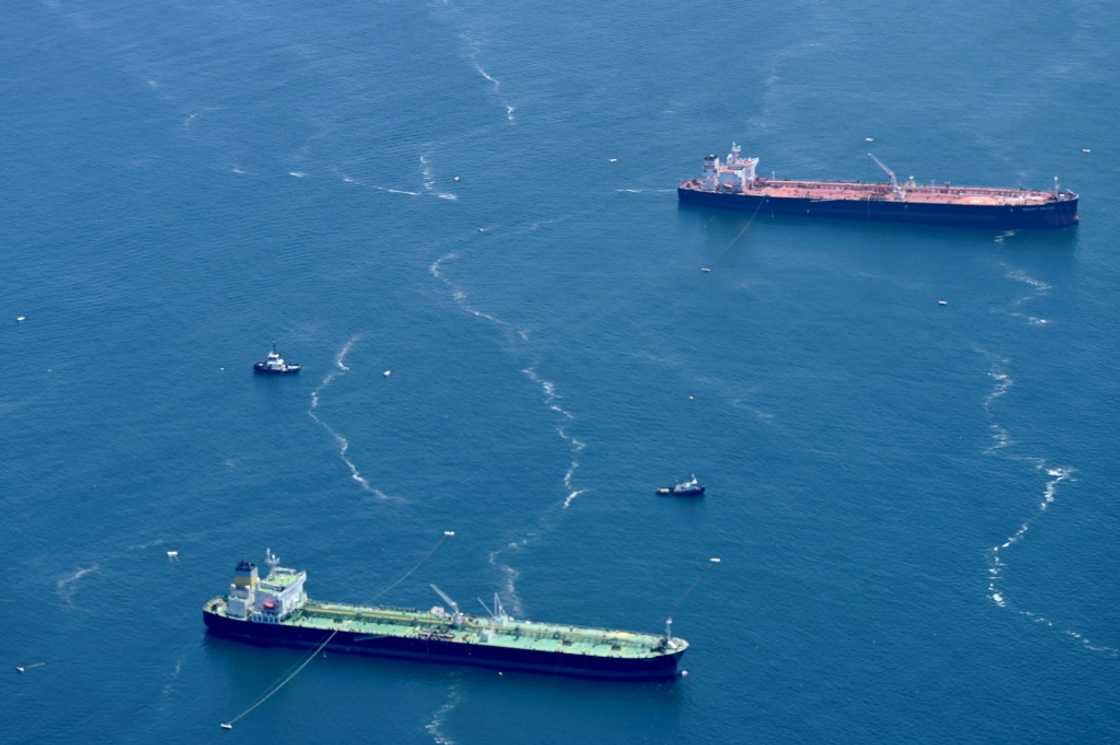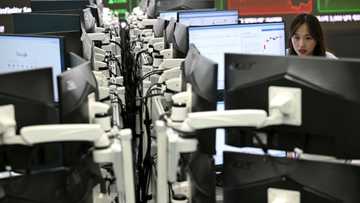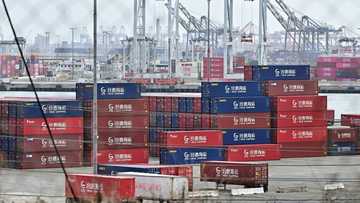Maritime sector to decide on plan to cut emissions opposed by US

Source: AFP
Member states of the International Maritime Organization will decide on Friday whether to formally adopt a plan to cut carbon emissions in the face of opposition from the United States.
The London-based IMO, which is the shipping body of the United Nations, voted in April for a global pricing system to help curb maritime carbon emissions.
Leading up to Friday's decision -- China, the European Union, Brazil, Britain and several other members of the IMO -- this week reaffirmed their support at a summit in the British capital.
However, Washington's threat to impose sanctions on those supporting it has cast doubt on the future of the Net Zero Framework (NZF), the first global carbon-pricing system.
"I am outraged that the International Maritime Organization is voting in London this week to pass a global Carbon Tax," US President Donald Trump wrote on his Truth Social platform Thursday.
"The United States will NOT stand for this Global Green New Scam Tax on Shipping," he added.
The United States this week advocated changing the voting process to give more weight to abstentions, a proposal that will be considered early Friday.
Should the US proposal be accepted, it could derail adoption of the carbon-reduction plan.
The framework would require ships to progressively reduce carbon emissions from 2028, or face financial penalties.
Shipping accounts for nearly three percent of global greenhouse gas emissions, according to the IMO.
Last week, the United States threatened countries who vote in favour of the framework with sanctions, visa restrictions and port levies, calling the proposal a "global carbon tax on the world".
The Philippines, which provides the most seafarers of any country, and Caribbean islands focused on the cruise industry, would be particularly impacted by visa restrictions and sanctions.
In order to be adopted, the framework needs the backing of two-thirds of 108 voting IMO members who belong to a long-standing international convention for the prevention of pollution from ships, known as MARPOL.
A majority of members -- 63 states -- that in April voted in favour of the NZF are expected to maintain their support and to be joined by others.
The plan would charge ships for emissions exceeding a certain threshold, with proceeds used to reward low-emission vessels and support countries vulnerable to climate change.
Several major oil producers -- Saudi Arabia, Russia and the United Arab Emirates -- voted against the measure, and are expected to do so again this week, arguing it would harm the economy and food security.
Pacific Island states, which abstained in the initial vote over concerns the proposal was not ambitious enough, are now expected to support it.
If the global emissions pricing system was adopted, it would become difficult to evade, even for the United States.
IMO conventions allow signatories to inspect foreign ships during stopovers and even detain non-compliant vessels.
Since returning to power in January, Trump has reversed Washington's course on climate change, denouncing it as a "scam" and encouraging fossil fuel use by deregulation.
Source: AFP




